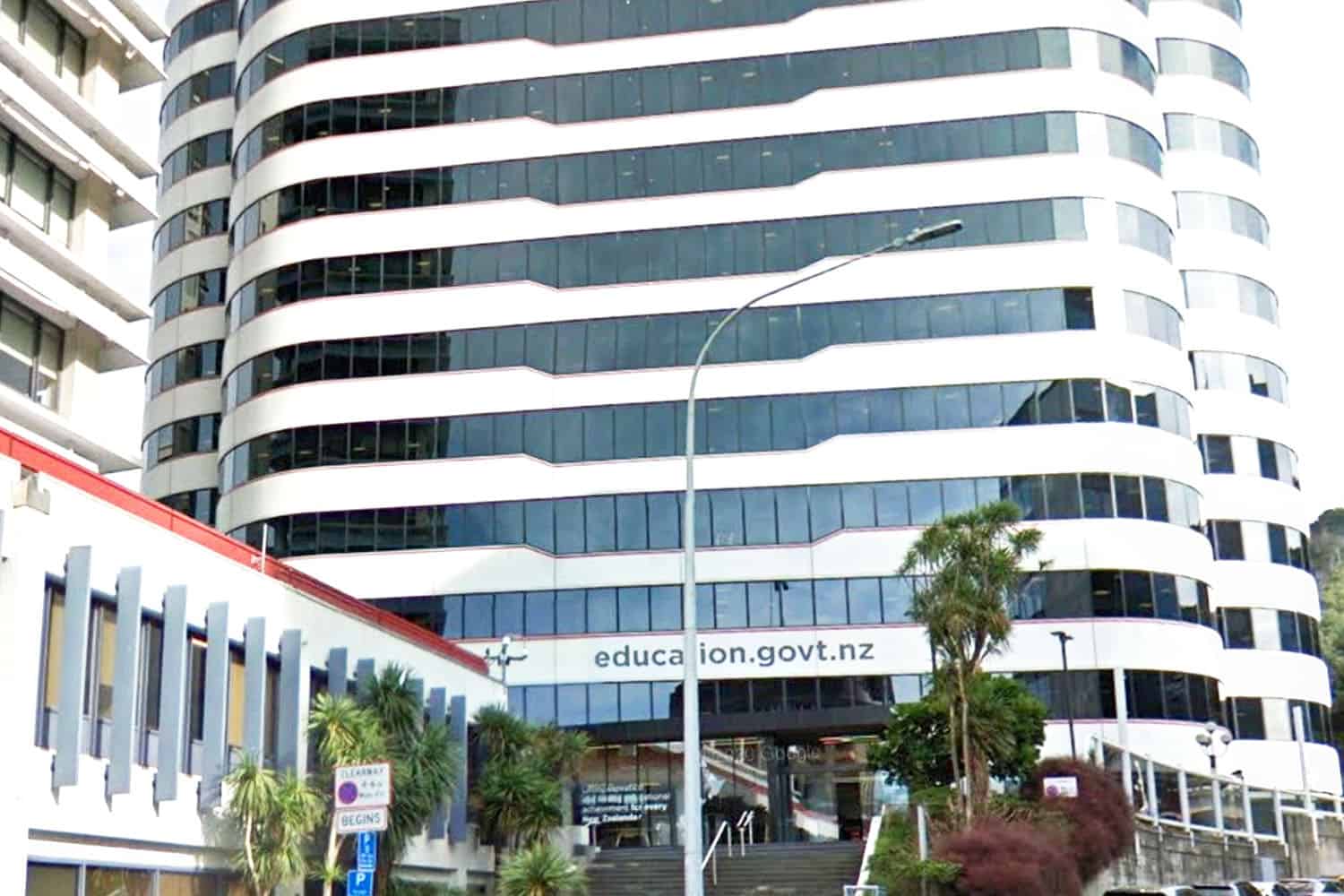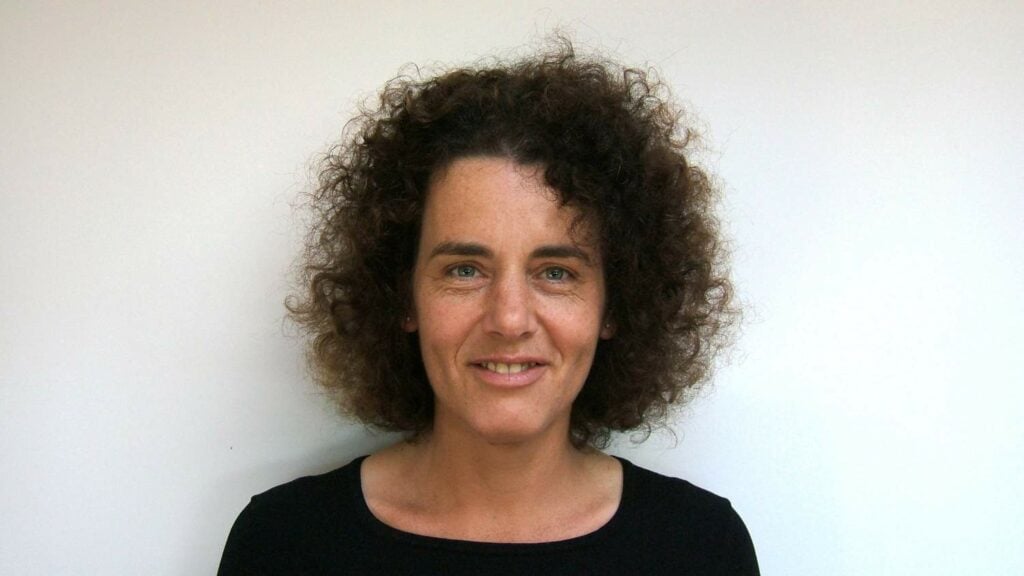July 3, 2012.
For many years the Ministry of Education has operated an Early Childhood Advisory Committee (ECAC) that has met up to five times a year at tax payer expense. Membership is at the invitation of the Chief Executive, Ministry of Education.
Until now the meetings have been held in a somewhat secretive state with reporters and anyone else from the early childhood sector excluded from attending or having access to minutes and reports.
The Ministry has now promised that from its June 2012 ECAC meeting the agenda, minutes and papers will begin to be made available online on its website. May this be the beginning of a sea-change to inclusion of all ECE interests and stakeholders? May it will also be the start of opening up possibilities for speedier and fuller discussion of government intentions and regulatory and funding changes with everyone in the sector? Time will tell.
Both the need to continue the ECAC group and Ministry’s traditional reliance on invited members of ECAC representing the whole of the ECE sector is coming under question.
First, the Ministry of Education recently organised three sector advisory groups, outside of ECAC for consultation on ECE funding, ECE quality across the sector, and ECE quality for infants and toddlers.
Second, the Ministry’s written Terms of Reference for ECAC outlining the purpose of ECAC’s formation has become dated. It reads: “ECAC forms part of the Ministry’s relationship with the sector, and is a forum for information sharing between all parties including updates on the progress of the 10 year Strategic Plan for ECE Nga Huarahi Arataki. Information is provided to ECAC to be disseminated to members of representative organisations, as well as directly to the ECE sector”.
Third, the costs of members attending ECAC meetings and Ministry staff time come out of the Ministry’s budget and this is at a time when Government has instructed its departments to cut back on non-essential spending.
Fourth, a large number of early childhood organisations represented by the Early Childhood Federation view ECAC as “more an opportunity for the Ministry to update the sector on decisions that have already been made and policies that are already being implemented rather than an opportunity for representatives to feedback and debate issues with the Ministry”. (2010/11 Annual Report)
The groups represented on ECAC represent mainly owners and representatives of selected early childhood services, lobbyists for employers mostly, and NZEI representing a small number of ECE teachers.
Missing on ECAC for example is Kidicorp; Kidicorp is the largest provider of early childcare education in NZ, and has more centres than many of the interest groups on ECAC have as members. There are also a number of interest groups not represented on ECAC, such as the Men in Early Childhood Education Association (ECMenz). As well groups such as Every Child Counts which lobbies for children’s rights could reasonably be expected to be invited to be involved in any Ministry consultation groups to provide balance for the views of ECE business interests.
Is the decision to make the agenda and minutes of ECAC meetings publicly available for everyone in the early childhood sector also an indication that the Ministry may be considering a more time and cost effective alternative to organising ECAC meetings? If it is, then why not do the ECAC online – with every interested party in the early childhood sector being able to be involved, instead of only a select number of sector groups and lobbyists.
The Ministry could extend its search for advice beyond its ECAC. The Ministry could also send officials to Early Childhood Federation meetings to run ideas and changes past the large number of early childhood groups represented within the Federation (more than the number the Ministry currently arranges to visit it in Wellington for ECAC meetings) as a more productive and cost-effective way of communicating with sector interest groups.









